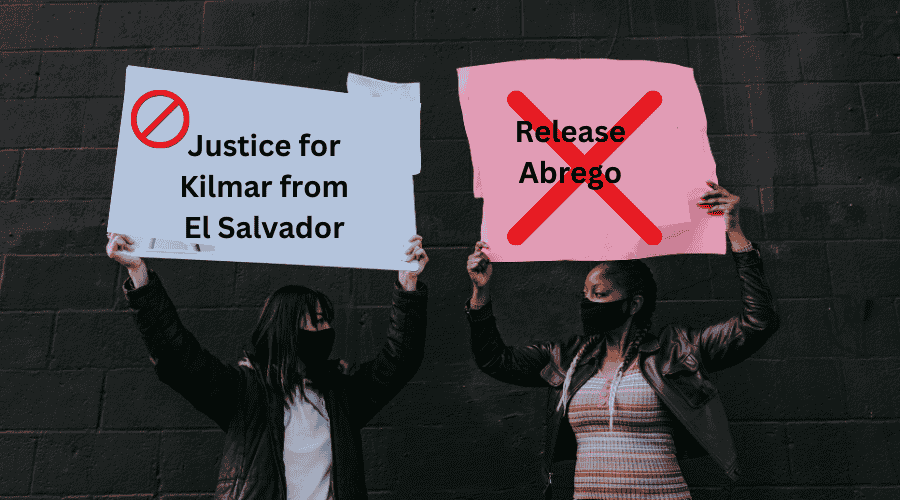A federal judge has initiated an urgent inquiry into the Trump administration’s failure to comply with a court order to secure the return of Kilmar Abrego Garcia, a man from Maryland who was mistakenly deported to a notorious prison in El Salvador.
The move by U.S. District Judge Paula Xinis marks an escalation in a legal standoff between the judiciary and the executive branch over Abrego Garcia’s deportation, which violated a 2019 court order barring his removal due to credible threats to his safety. Despite the U.S. Supreme Court affirming the judge’s directive last week, the administration has taken no steps to retrieve him.
“To date, what the record shows is that nothing has been done. Nothing,” Xinis said during a court hearing on Tuesday. She ordered a two-week expedited discovery process and criticized what she described as the administration’s ongoing defiance of legal authority. “There will be no tolerance for gamesmanship or grandstanding,” she declared. “Cancel vacations, cancel other appointments. This case takes priority.”
Abrego Garcia is currently being held in El Salvador’s high-security Terrorism Confinement Center (CECOT), where he was sent last month despite a standing judicial order that explicitly prohibited his deportation. Immigration and homeland security officials have admitted the deportation was an administrative error but claim they now lack authority to intervene, citing El Salvador’s jurisdiction.
Related Post: States Sue Trump Administration Over Abrupt Termination of COVID School Relief Funds
Xinis dismissed that defense, calling it a “stunning” abdication of responsibility. In her written order, she directed four senior Trump administration officials—including Joseph Mazzara, ICE’s acting general counsel, and Michael Kozak, a top State Department official—to provide sworn testimony by April 23. She also authorized Abrego Garcia’s legal team to request internal government communications and documentation.
The administration’s inaction has drawn criticism from legal experts and immigration advocates who argue the case underscores broader concerns about executive accountability and the limits of judicial enforcement. White House officials maintain that foreign policy falls under the president’s domain, while Salvadoran President Nayib Bukele has refused to return Garcia, likening it to smuggling a criminal into the U.S.
Judge Xinis was unswayed by these arguments, dismissing recent public statements from both governments as irrelevant to the legal proceedings. “The Supreme Court has spoken,” she said. “What is said in the Oval Office is not before this court.”
Following the hearing, protests erupted outside the federal courthouse as demonstrators demanded justice and due process. “This is still a win, and this is still progress,” said Rina Ghandi, an attorney representing Abrego Garcia. “But we’re not done yet.”
The inquiry is expected to unfold rapidly, with contempt proceedings remaining a possibility if the administration fails to demonstrate meaningful efforts to comply. As the legal battle intensifies, it has become a pivotal moment in the broader debate over immigration enforcement and the rule of law.

